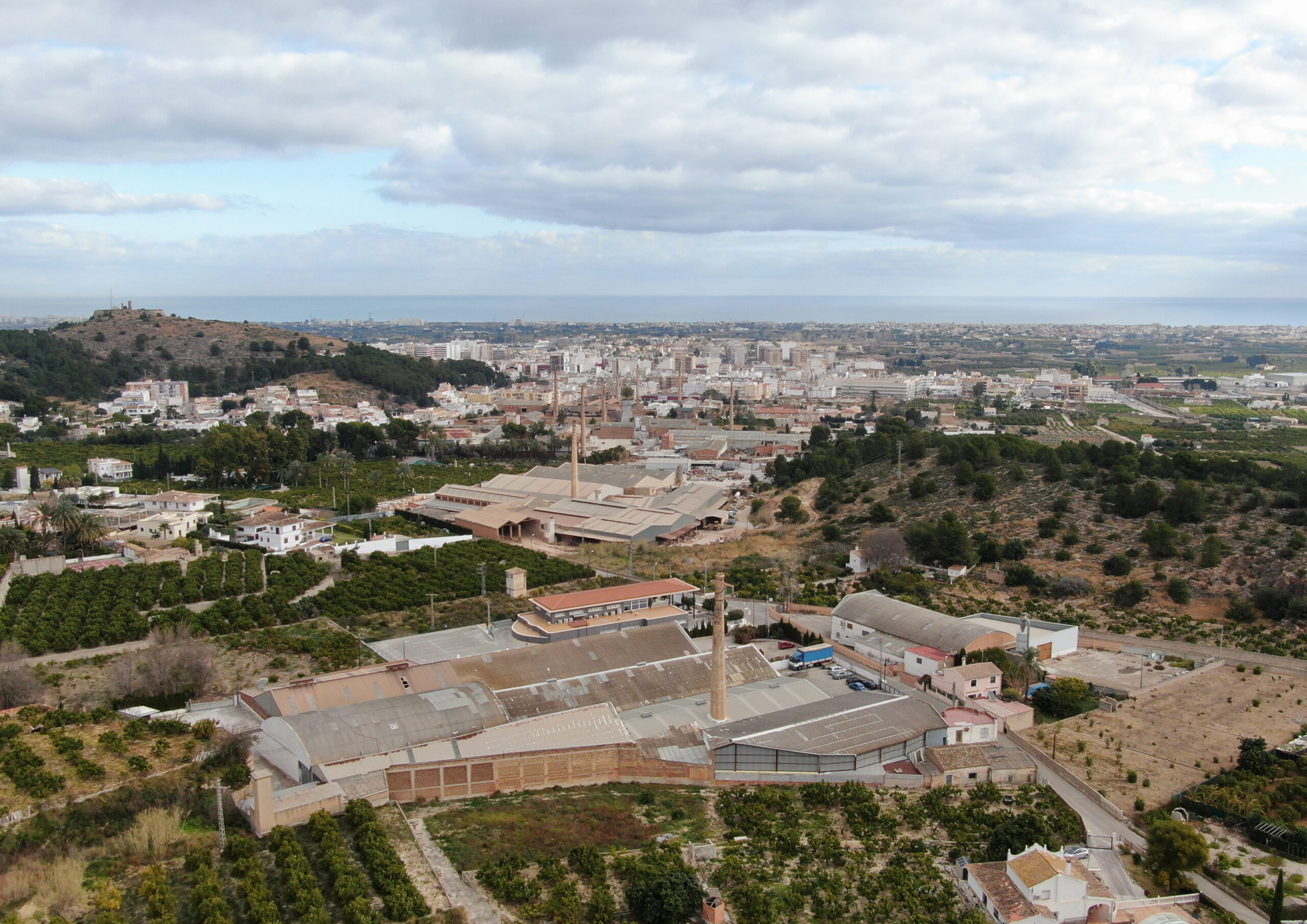
All the participating venues for this edition of the EUROPAN 15 competition have now been formally announced. Seven of these sites are in Spain: Madrid-Larboleda, Lasarte-Oria, Casar de Cáceres, Barcelona, San Clemente de Llobegat, Palma de Mallorca, Oliva-Valencia.
A first prize of 12,000, a second prize of 6,000 and a Special Mention are awarded for each site.
The City Council wants to start a process of resilient regeneration in the Els Rajolars area.
The city of Oliva is one of the 7 cities selected to be part of the EUROPAN 15 Contest. EUROPAN is a European federation of national structures that organise biannual competitions for architects under 40 years of age involving urban architectural projects, followed by projects or studies.
Its main objective is bifold: to help young professionals to develop their ideas and gain prominence on the European and international scene, and to assist the public administrations of the participating sites in obtaining architectural and urban know-how. This edition revolves around the idea of the productive city, which includes concepts such as the sustainable city, the saving of resources, new mobility, and the enhancement of natural spaces.
The registration period for the Europan 15 competition opens on 18 March and closes on 28 July. Between April and May, visits by jurors and participants to the proposed sites will be organised. Oliva’s visit is scheduled for 10 May. The outcome of the contest is scheduled to be decided in November, with its announcement on 2 December.
The Municipality of Oliva (as Associate), together with the regional Ministry of Housing, Public Works and Territorial infrastructure (as Promoter), commit to working with EUROPAN to propose a new model for the city that addresses future challenges, to tackle territorial and urban planning, taking into account ideas and proposals from the owners of the affected properties, along with the citizens, social agents, productive sectors and specialists in different disciplines. In other words, it is keen to stimulate debate on the proposed area in the hopes of generating innovative ideas that lead to new urban dynamics.
Oliva’s proposal is entitled Els Rajolars: Resilient Regeneration, and involves the regeneration of the southern edge of the urban centre to improve its connection to the rest of the urban fabric of the town. The area covers 177,398 m². The objective is to transform the run-down area through urban innovation that respects the identity of the place and its environment, establishing a productive fabric within the city, that is adequately connected, and takes into account principles such as economic and environmental sustainability, respect for architectural and engineering heritage, diversification of compatible uses, non-motorised mobility, the appropriate governance of the adopted system, innovation in high-performance vocational training and citizen participation.
Consistent with the above and to maintain transparency, the City Council sent representatives to the meetings of the Europan Spain National Committee, held at the Ministry of Development, and to the European Forum Between Sessions E14-E15, held in Brussels last November. It has also held meetings, at the local level, with the affected owners, associations of neighbours adjacent to the area, experts in Vocational Training, entrepreneurs from various sectors, and senior and junior experts in architecture, urbanism, engineering, economy, environment, tourism, etc. It is hoped that the meetings also served to motivate the latter to participate in the contest.
An information day is planned for 6 March at Valencia’s Higher Technical School of Architecture, to share details of the project and encourage masters students to participate in the contest. Those attending the function will include the mayor, David González, and the Director General of Housing, Rafael Briet.
This competition commits the City Council to the subsequent hiring of the winning team, so, initially and pending its result, it proposes the drafting of a Master Plan for Urban Development of the Els Rajolars Zone that addresses the essential issues surrounding the main objective, the manner in which it can be carried out and the possibility of its initial implementation via a flagship project, hence the suggested establishment of a high-performance vocational training centre. Always taking into account the requests of the local society and valuing quick viability and the creation of an economic stimulus for the city.
